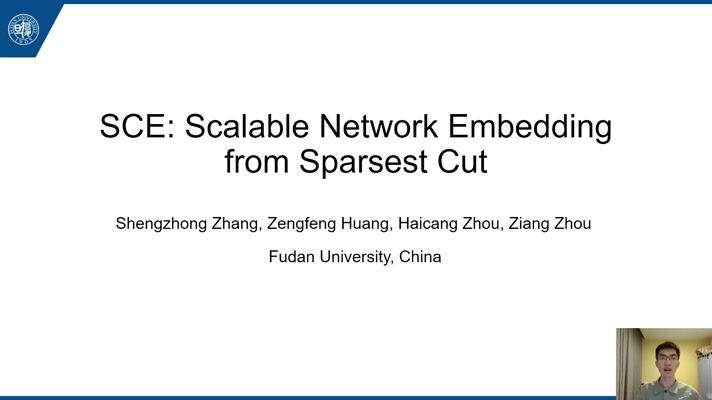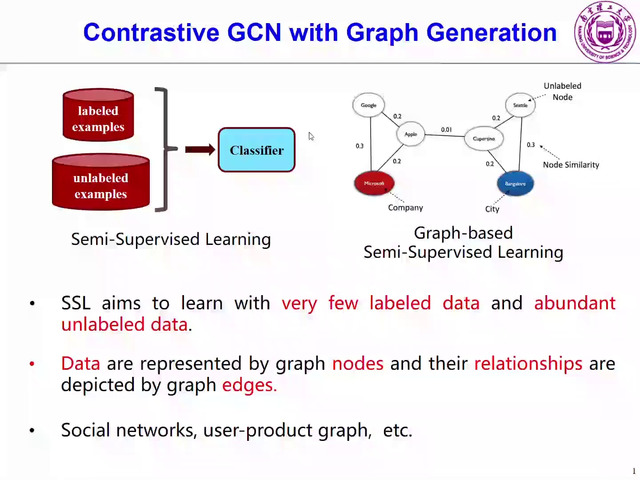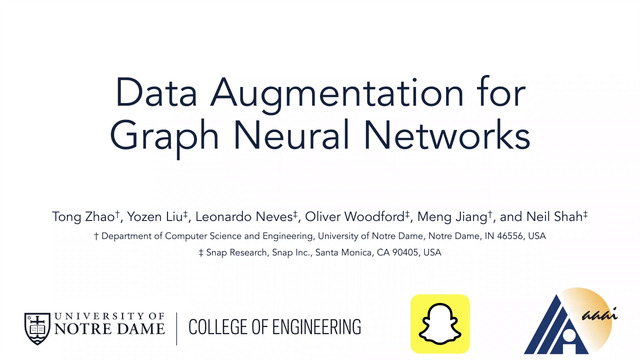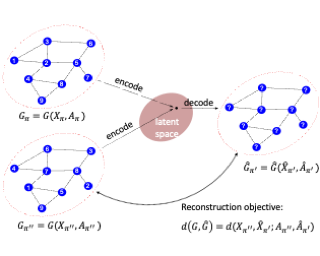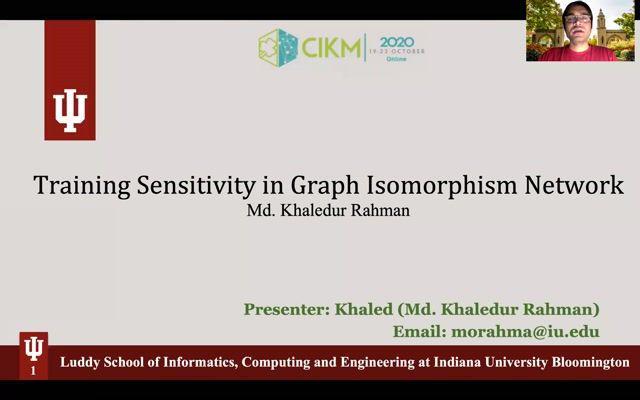Abstract:
Graph convolutional networks (GCNs) have emerged as one of the most popular neural networks for a variety of tasks over graphs. Despite their remarkable learning and inference ability, GCNs are still vulnerable to adversarial attacks that imperceptibly perturb graph structures and node features to degrade the performance of GCNs, which poses serious threats to the real-world applications. Inspired by the observations from recent studies suggesting that edge manipulations play a key role in graph adversarial attacks, in this paper, we take those attack behaviors into consideration and design a biased graph-sampling scheme to drop graph connections such that random, sparse and deformed subgraphs are constructed for training and inference. This method yields a significant regularization on graph learning, alleviates the sensitivity to edge manipulations, and thus enhances the robustness of GCNs. We evaluate the performance of our proposed method, while the experimental results validate its effectiveness against adversarial attacks.










